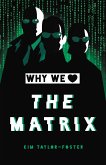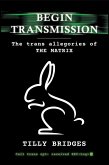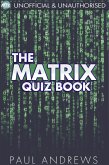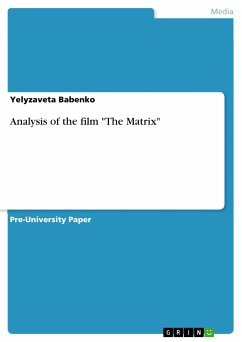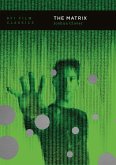The narrative delves deep into the revolutionary "bullet time" effect, which became the film's signature achievement, explaining its development through technical specifications and methodology breakdowns from effects supervisors. Readers discover fascinating details about the cast's rigorous training program and how traditional filmmaking practices were adapted to accommodate emerging technologies.
The book's examination of production archives and interviews reveals previously undocumented aspects of how the Wachowski siblings' creative vision catalyzed a paradigm shift in filmmaking methodology. Through a balanced approach that combines technical precision with accessible language, the book connects the film's innovations to broader discussions about technology, reality, and human consciousness.
It demonstrates how The Matrix served as a crucial convergence point between film studies, computer science, and philosophy, making it valuable for multiple audiences - from film enthusiasts and technology professionals to academic researchers. Supporting evidence, including production documentation, technical blueprints, and box office analytics, provides readers with a comprehensive understanding of how this singular film transformed both the technical and philosophical landscape of modern cinema.
Dieser Download kann aus rechtlichen Gründen nur mit Rechnungsadresse in A, B, BG, CY, CZ, D, DK, EW, E, FIN, F, GR, H, IRL, I, LT, L, LR, M, NL, PL, P, R, S, SLO, SK ausgeliefert werden.



